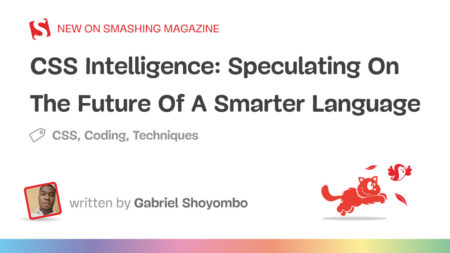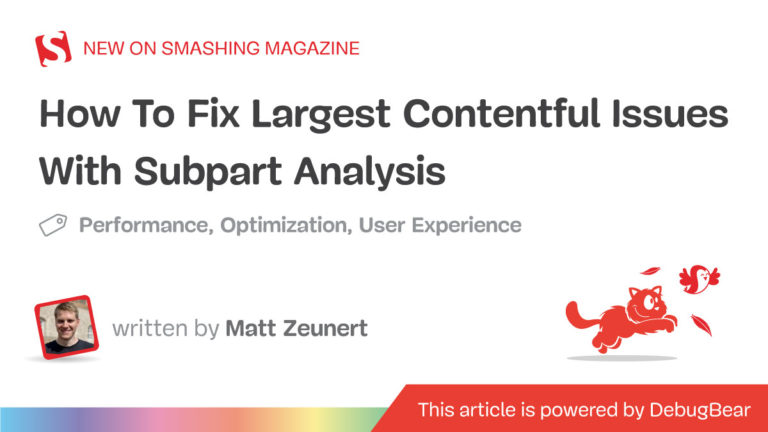Search
News & Updates
Cisco scores a perfect 10 – sadly for a critical flaw in its comms platform
If you’re running the Engineering-Special (ES) builds of Cisco Unified Communications Manager or its Session Management Edition, you need to apply Cisco’s urgent patch after someone at Switchzilla mad …
Read more
Published Date:
Jul 02, 2025 (5 hours, 15 minutes ago)
Vulnerabilities has been mentioned in this article.
CVE-2025-20309
CVE-2025-20309 (CVSS 10): Cisco Patches Critical Static SSH Root Credential Flaw in Unified CM
Cisco has disclosed a critical vulnerability in its Unified Communications Manager (Unified CM) and Session Management Edition (SME) platforms. Tracked as CVE-2025-20309 and rated CVSS 10, the flaw ex …
Read more
Published Date:
Jul 03, 2025 (2 hours, 9 minutes ago)
Vulnerabilities has been mentioned in this article.
CVE-2025-20309
CVE-2025-20282
CVE-2025-20281
CVE-2025-36560
CVE-2025-31103
Four Critical RCE Flaws Found in Grafana Plugins via Chromium: Patch Now!
Grafana Labs has issued an urgent security advisory addressing four critical vulnerabilities affecting two of its key components: the Grafana Image Renderer plugin and the Synthetic Monitoring Agent. …
Read more
Published Date:
Jul 03, 2025 (1 hour, 38 minutes ago)
Vulnerabilities has been mentioned in this article.
CVE-2025-6554
CVE-2025-6192
CVE-2025-6191
CVE-2025-5959
As part of broader cuts to the Xbox division, Rare’s Everwild and ZeniMax Online Studios’ new MMORPG have been canceled. Source: Read More / Windows Central
Artificial Intelligence
The most capable model you can run on a single GPU or TPU. Source: Read…
Introducing Gemini Robotics and Gemini Robotics-ER, AI models designed for robots to understand, act and…
Native image output is available in Gemini 2.0 Flash for developers to experiment with in…
Training Diffusion Models with Reinforcement Learning We deployed 100 reinforcement learning (RL)-controlled cars into rush-hour…






